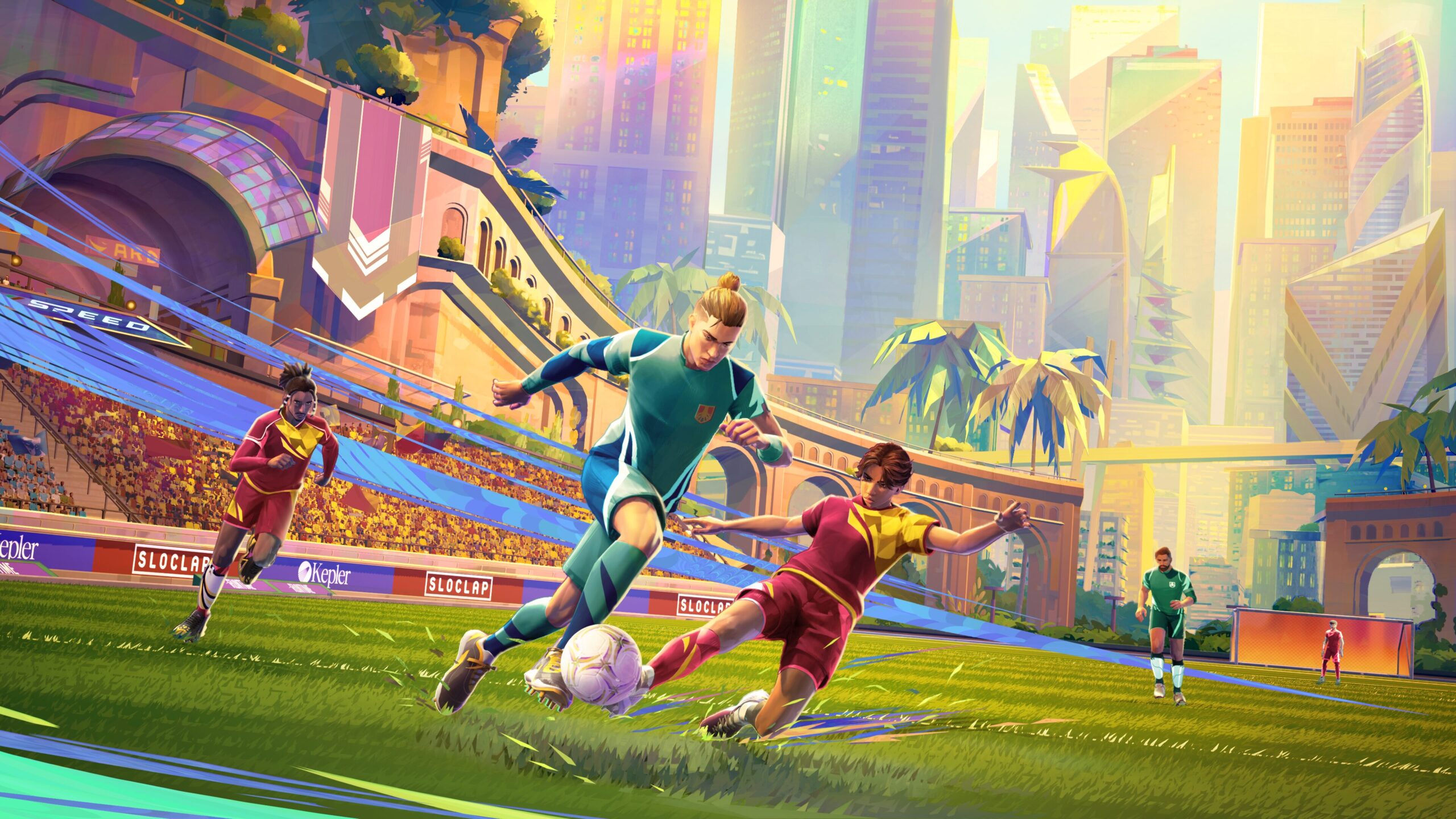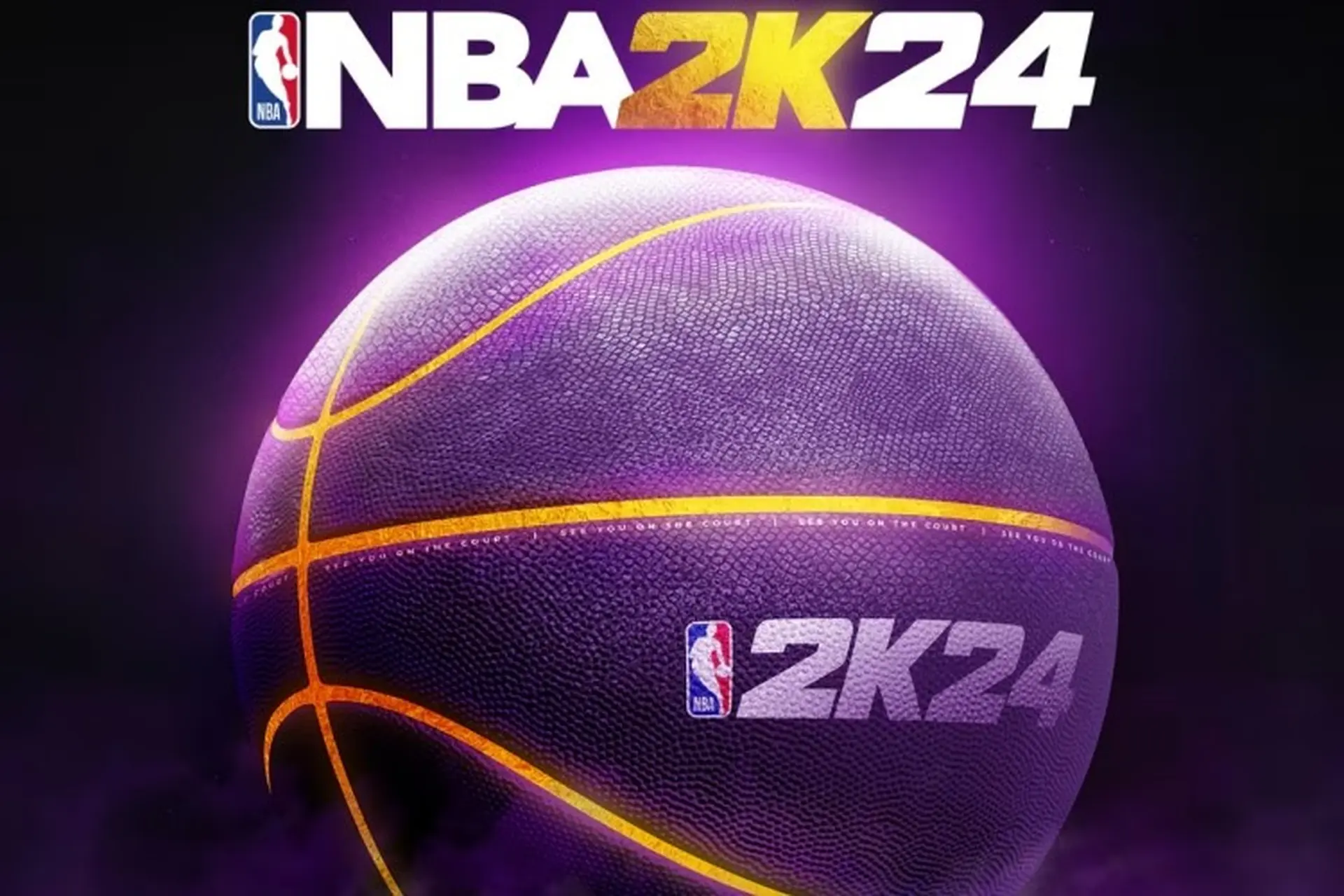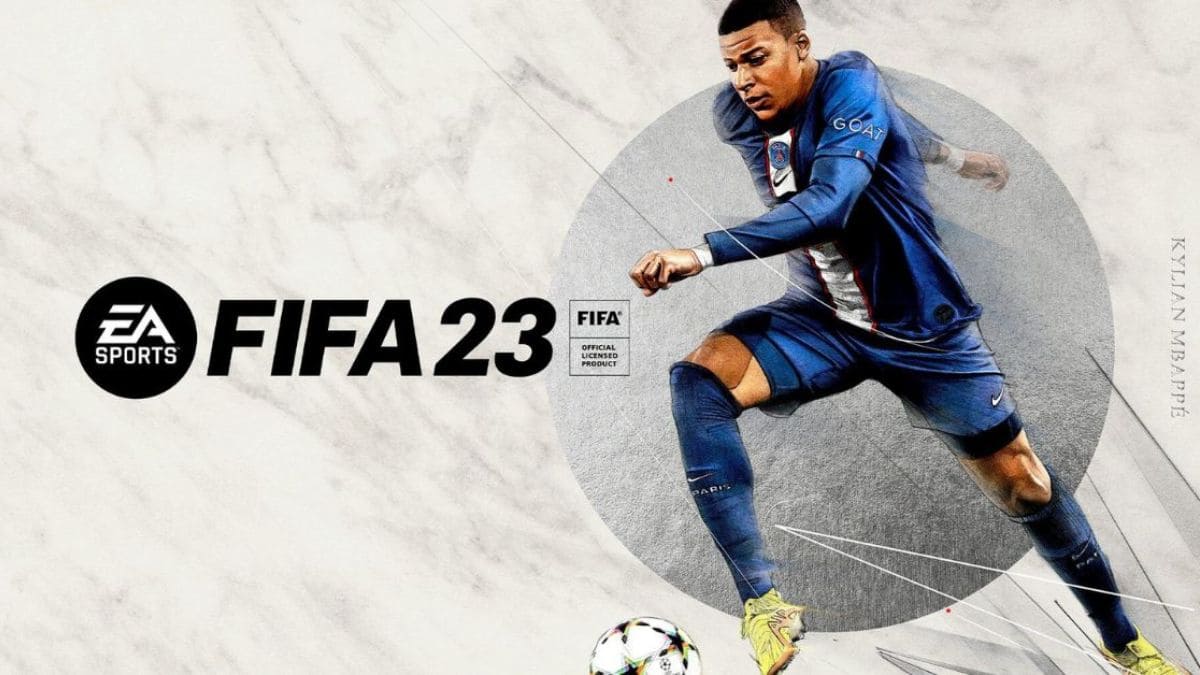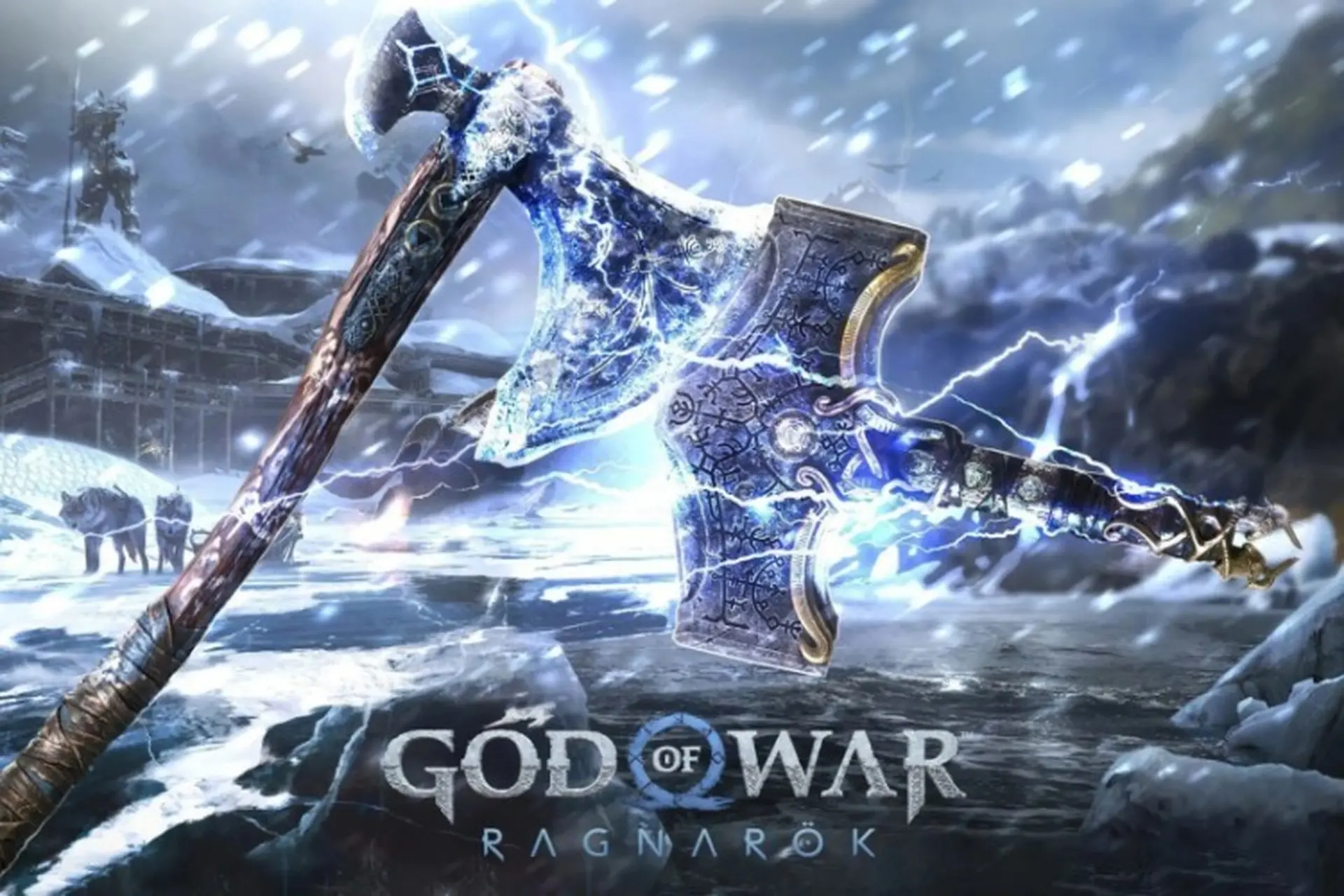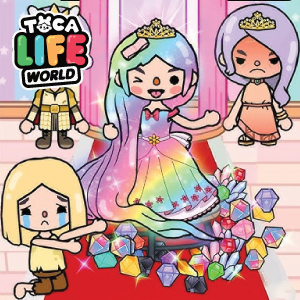Rematch is a fast-paced, turn-based fighting game that blends strategic thinking with quick reflexes. Though it may not be as globally famous as some blockbuster fighting titles, Rematch has cultivated a passionate fanbase thanks to its accessible yet challenging gameplay. Whether you’re a casual player or a competitive gamer, this guide will take you through everything you need to know about Rematch, from gameplay mechanics to multiplayer features, pros and cons, and final verdict.
What is Rematch? An Overview of the Game
Rematch is a 1v1 or 2v2 fighting game where players pick unique characters with special skills to battle opponents. The game stands out by emphasizing timing, combo execution, and strategic skill usage rather than button-mashing.
Core Gameplay Mechanics
-
Players engage in rounds where timing attacks and defense is crucial.
-
Each character has a distinctive moveset and special abilities.
-
Combos and counters create depth in combat despite simple controls.
Getting Started: Controls and Basic Gameplay
Mastering Rematch begins with understanding the controls and fundamental gameplay concepts.
Basic Controls
-
Movement is handled with arrow keys or WASD.
-
Attacks and special moves are mapped to easy-to-reach keys.
-
Defensive actions like blocking and dodging are equally important.
Beginner Tips
-
Start by learning simple combos before moving to advanced moves.
-
Watch your opponent’s patterns to anticipate attacks.
-
Use blocking strategically to conserve health.
Characters and Their Unique Skills
One of Rematch’s highlights is its roster of diverse fighters, each bringing unique tactics.
Character Classes
-
Shadow: Fast and evasive, excels in quick strikes.
-
Blaze: Powerful ranged attacks with high damage.
-
Guardian: Defensive tank with skills to absorb damage.
Skill Progression
-
Players can unlock new moves and upgrade existing skills through experience.
-
Customizing skill builds to match playstyle is key to success.
Game Modes: Solo and Multiplayer Experiences
Rematch offers several ways to play, catering to both solo and group gaming.
Player vs Environment (PvE)
-
Challenge AI opponents with increasing difficulty.
-
Earn rewards and practice your combos without pressure.
Player vs Player (PvP)
-
Online ranked matches with global leaderboards.
-
Friendly matches and private rooms for casual play.
Combat System: Strategy Meets Reflexes
The heart of Rematch is its combat system, which balances strategic planning with fast reactions.
Offensive Techniques
-
Combining light and heavy attacks into effective combos.
-
Using special moves at the right moment to turn the tide.
Defensive Mechanics
-
Blocking reduces incoming damage.
-
Dodging and counterattacking reward precise timing.
Graphics and Audio: Immersive Fighting Atmosphere
Though Rematch isn’t a AAA title, it delivers a vibrant visual and audio experience.
Visual Style
-
Bright, anime-inspired 2D character designs.
-
Smooth animations for attacks and special moves.
Sound Design
-
Energetic background music fuels the action.
-
Impactful sound effects highlight every hit and skill.
Community and Online Features
The Rematch community thrives on its multiplayer modes and social features.
Social Interaction
-
In-game chat supports communication during matches.
-
Clan and friend systems encourage building teams.
Competitive Play
-
Regular tournaments keep the competition lively.
-
Rankings and leaderboards motivate continuous improvement.
Final Verdict and Rating
Rematch is a solid choice for players seeking a quick yet skillful fighting game with strong multiplayer support. While it lacks the depth and polish of major fighting franchises, its accessible gameplay and active community make it worth trying.
Overall Rating: 8/10
-
Gameplay: 8.5/10
-
Graphics: 7.5/10
-
Sound: 8/10
-
Multiplayer: 8.5/10
-
Replayability: 8/10
If you enjoy fast-paced combat with strategic elements and want a fighting game that’s easy to jump into but offers room to grow, Rematch deserves your attention.

